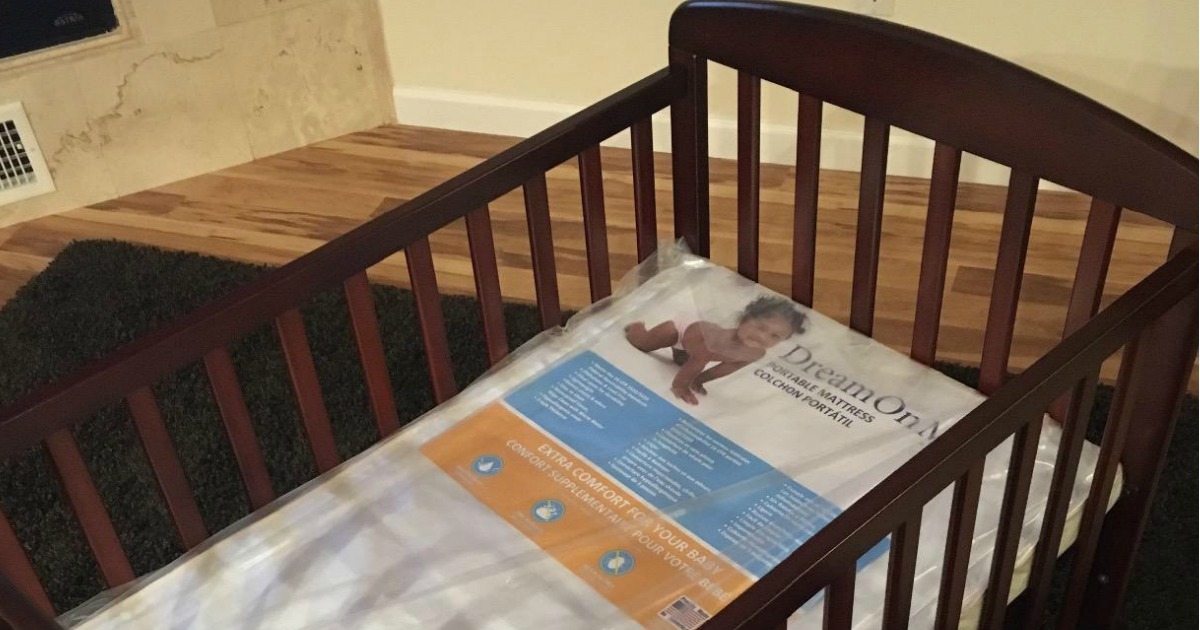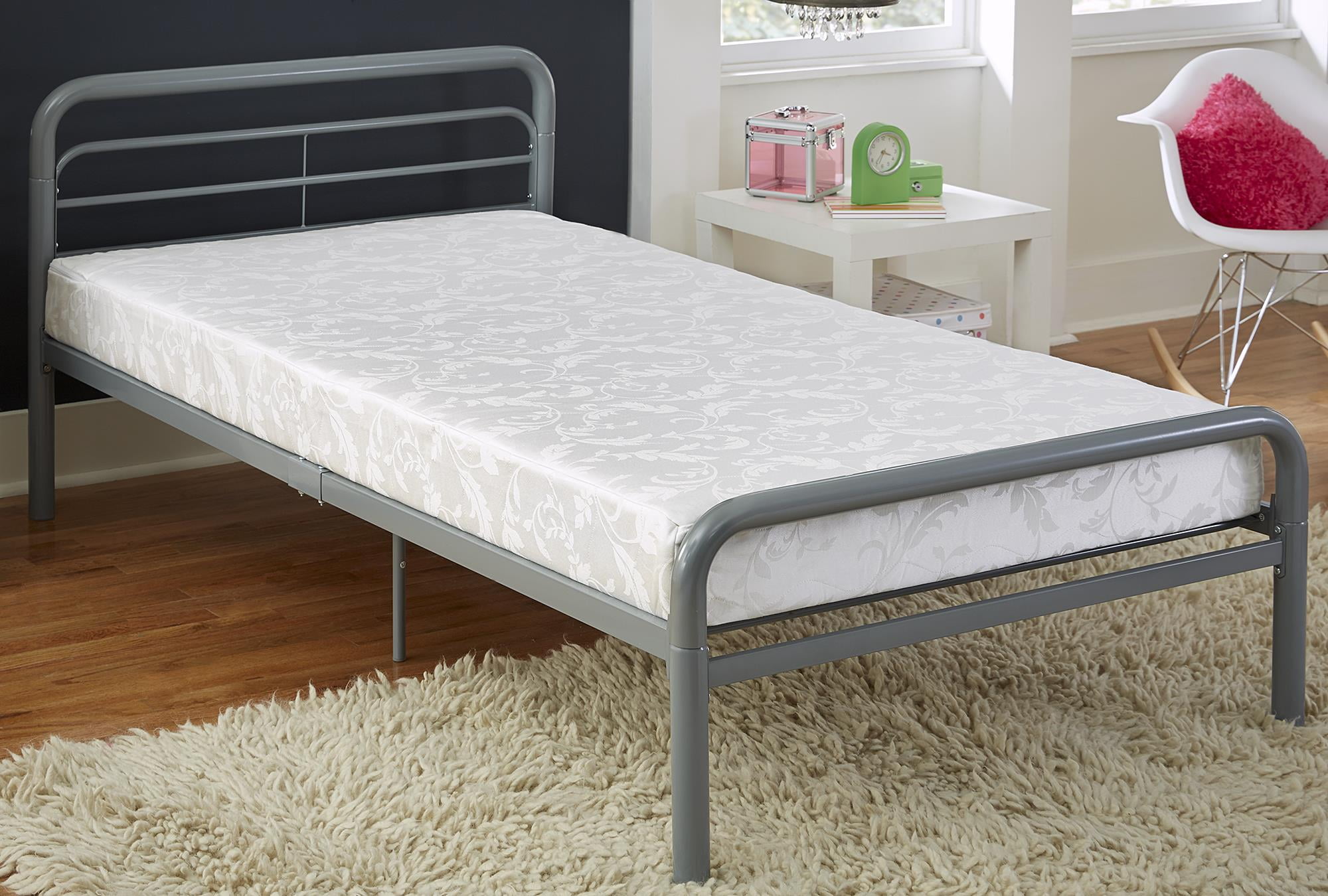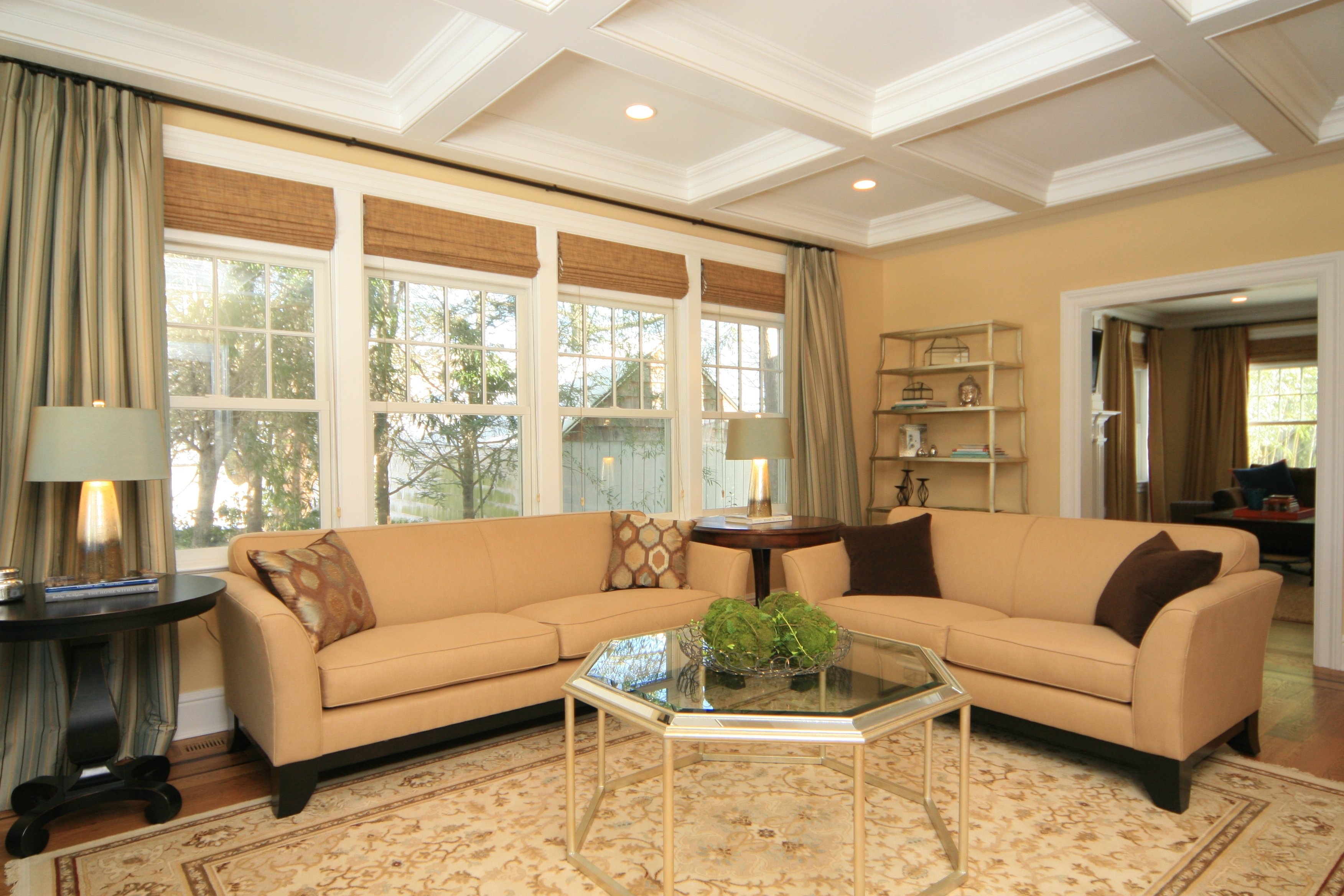Sage Green and Coral
When it comes to complementary colors for sage green in the living room, coral is a vibrant and eye-catching choice. The softness of sage green pairs beautifully with the warmth and energy of coral, creating a balanced and inviting space. Use sage green as the main color in your living room and add pops of coral through accent pieces such as throw pillows, curtains, and artwork. This combination is perfect for those who want to add a touch of playfulness and personality to their living room.
Sage Green and Lavender
Lavender and sage green are a match made in heaven when it comes to creating a serene and calming living room. The softness and femininity of lavender complement the earthiness of sage green, creating a beautiful and soothing atmosphere. Incorporate lavender through wall paint, curtains, or a statement piece of furniture, while using sage green as the base color for the room. This combination is perfect for those who want to create a peaceful and tranquil living space.
Sage Green and Mustard Yellow
For those who want to add a pop of sunshine to their living room, pairing sage green with mustard yellow is the way to go. The warmth and brightness of mustard yellow add a touch of energy and playfulness to the sage green base. This combination can be incorporated through accent pieces such as throw pillows, rugs, or even a statement piece of furniture. It is a perfect choice for those who want to create a cheerful and welcoming living room.
Sage Green and Navy Blue
Navy blue and sage green are a classic and timeless color combination for the living room. The richness and depth of navy blue complement the earthy tones of sage green, creating a sophisticated and elegant space. Use navy blue as the main color for furniture and incorporate sage green through accent pieces such as curtains, rugs, or throw pillows. This combination is perfect for those who want to add a touch of luxury and refinement to their living room.
Sage Green and Peach
Peach and sage green are a beautiful and delicate color combination for the living room. The warmth and softness of peach complement the earthiness of sage green, creating a harmonious and inviting space. Use sage green as the main color for the walls and incorporate peach through accent pieces such as throw pillows, curtains, or a statement piece of furniture. This combination is perfect for those who want to create a cozy and welcoming living room.
Sage Green and Plum
For a rich and dramatic living room, consider pairing sage green with plum. The deep and intense tones of plum add a touch of sophistication and depth to the sage green base. Use plum as the main color for furniture and incorporate sage green through accent pieces such as throw pillows, curtains, or a statement piece of artwork. This combination is perfect for those who want to create a bold and luxurious living room.
Sage Green and Rust
Rust and sage green create a warm and inviting living room color scheme. The earthiness of sage green is enhanced by the warm and rusty tones of rust, creating a cozy and welcoming atmosphere. Use sage green as the main color for the walls and incorporate rust through accent pieces such as throw pillows, curtains, or a statement piece of furniture. This combination is perfect for those who want to create a rustic and inviting living room.
Sage Green and Teal
Teal and sage green are a bold and trendy color combination for the living room. The richness and depth of teal complement the earthy tones of sage green, creating a stylish and modern space. Use teal as the main color for furniture and incorporate sage green through accent pieces such as throw pillows, curtains, or a statement piece of artwork. This combination is perfect for those who want to make a statement with their living room design.
Sage Green and Terracotta
Terracotta and sage green are a warm and inviting color combination for the living room. The earthiness of sage green is enhanced by the warm and rustic tones of terracotta, creating a cozy and welcoming atmosphere. Use sage green as the main color for the walls and incorporate terracotta through accent pieces such as throw pillows, curtains, or a statement piece of furniture. This combination is perfect for those who want to create a relaxed and inviting living room.
Sage Green and Turquoise
Turquoise and sage green are a refreshing and tranquil color combination for the living room. The cool and calming tones of turquoise complement the earthiness of sage green, creating a harmonious and peaceful space. Use turquoise as the main color for furniture and incorporate sage green through accent pieces such as throw pillows, curtains, or a statement piece of artwork. This combination is perfect for those who want to create a serene and refreshing living room.
Sage Green: The Perfect Complement to Your Living Room

The Power of Color
 When it comes to designing your living room, color is one of the most important factors to consider. Not only does it set the mood and atmosphere of the space, but it also has the power to evoke emotions and create a sense of harmony. And when it comes to choosing complementary colors for your living room,
sage green
is a hue that should not be overlooked.
When it comes to designing your living room, color is one of the most important factors to consider. Not only does it set the mood and atmosphere of the space, but it also has the power to evoke emotions and create a sense of harmony. And when it comes to choosing complementary colors for your living room,
sage green
is a hue that should not be overlooked.
The Beauty of Sage Green
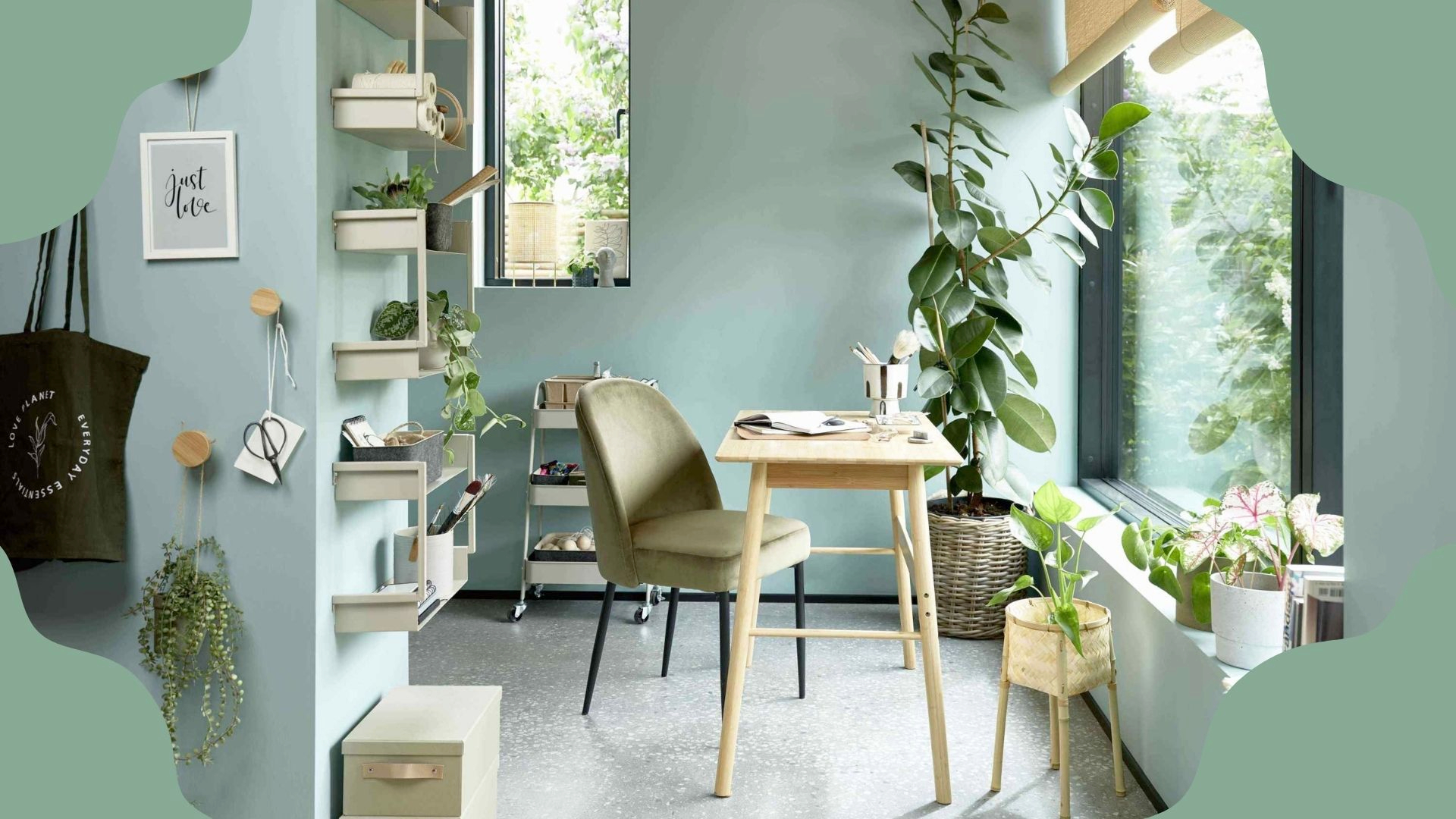 Sage green is a soft, muted color that sits between green and gray on the color spectrum. Its calming and serene qualities make it the perfect choice for a living room, where relaxation and comfort are key. This
versatile
color can be used as a
neutral
backdrop or as an accent color to add depth and interest to your space.
Sage green is a soft, muted color that sits between green and gray on the color spectrum. Its calming and serene qualities make it the perfect choice for a living room, where relaxation and comfort are key. This
versatile
color can be used as a
neutral
backdrop or as an accent color to add depth and interest to your space.
Complementary Color Theory
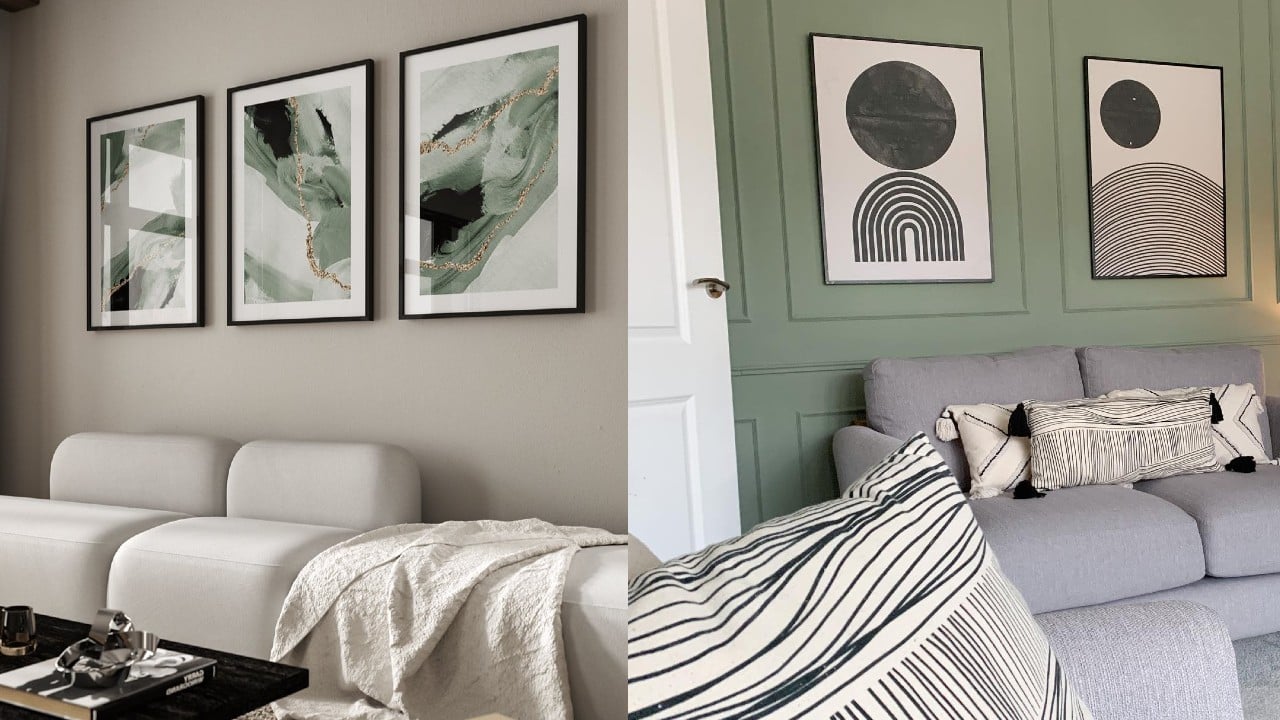 In color theory, complementary colors are defined as hues that are opposite each other on the color wheel. When used together, they create a striking and harmonious contrast. For sage green, its complementary colors are
coral
,
peach
, and
terracotta
. These warm tones bring out the subtle earthy tones in sage green, creating a balanced and cohesive look.
In color theory, complementary colors are defined as hues that are opposite each other on the color wheel. When used together, they create a striking and harmonious contrast. For sage green, its complementary colors are
coral
,
peach
, and
terracotta
. These warm tones bring out the subtle earthy tones in sage green, creating a balanced and cohesive look.
How to Incorporate Sage Green in Your Living Room
 There are many ways to incorporate sage green into your living room design. One option is to use it as the
main wall color
and complement it with accents in its complementary colors. This creates a
bold and eye-catching
look that will make your living room stand out.
Alternatively, you can use sage green as an
accent color
through
pillows
,
rugs
, or
curtains
. This will add a touch of tranquility to your living room without overwhelming the space.
There are many ways to incorporate sage green into your living room design. One option is to use it as the
main wall color
and complement it with accents in its complementary colors. This creates a
bold and eye-catching
look that will make your living room stand out.
Alternatively, you can use sage green as an
accent color
through
pillows
,
rugs
, or
curtains
. This will add a touch of tranquility to your living room without overwhelming the space.
In Conclusion
 Sage green is a
timeless
and
versatile
color that can bring a sense of
balance
and
harmony
to any living room. Its complementary colors of coral, peach, and terracotta create a beautiful and
dynamically contrastive
look that will elevate your living room design. So why not consider incorporating sage green into your living room and experience the power of color for yourself?
Sage green is a
timeless
and
versatile
color that can bring a sense of
balance
and
harmony
to any living room. Its complementary colors of coral, peach, and terracotta create a beautiful and
dynamically contrastive
look that will elevate your living room design. So why not consider incorporating sage green into your living room and experience the power of color for yourself?







)

:max_bytes(150000):strip_icc()/ScreenShot2021-08-25at8.32.45AM-58a3a53559984f8abde4e9b76e1c1c0a-7c6a84b9928646188d617738f3d70d00.png)

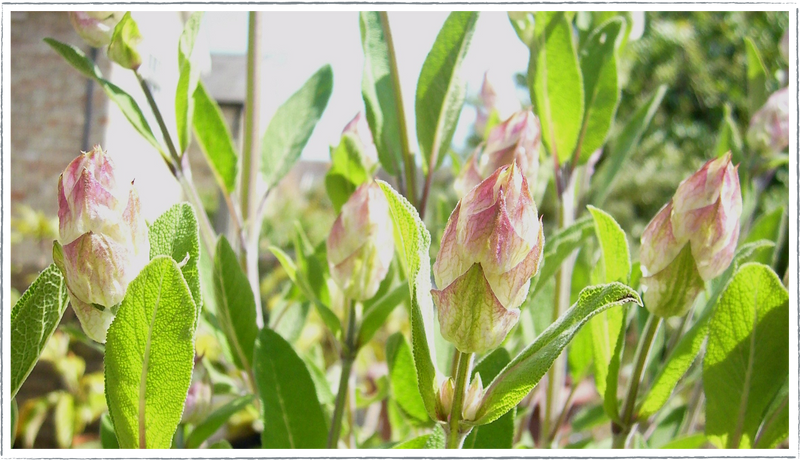
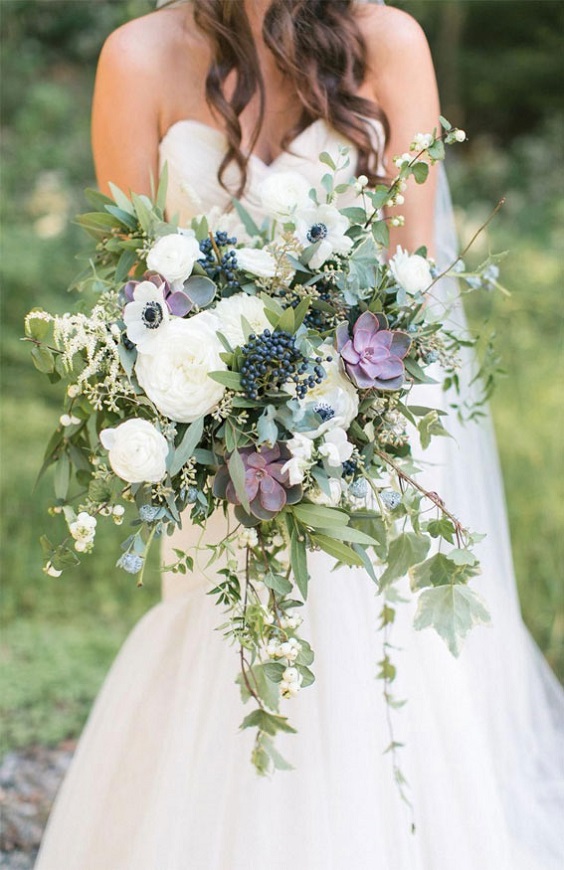


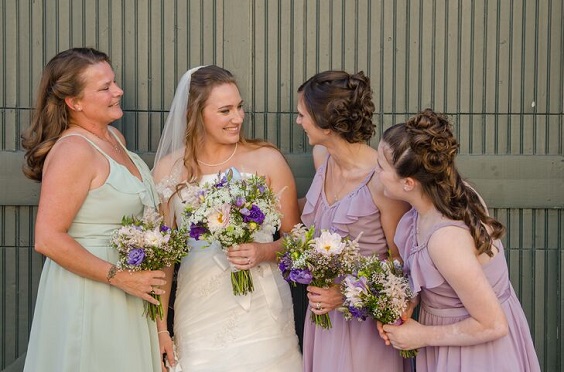
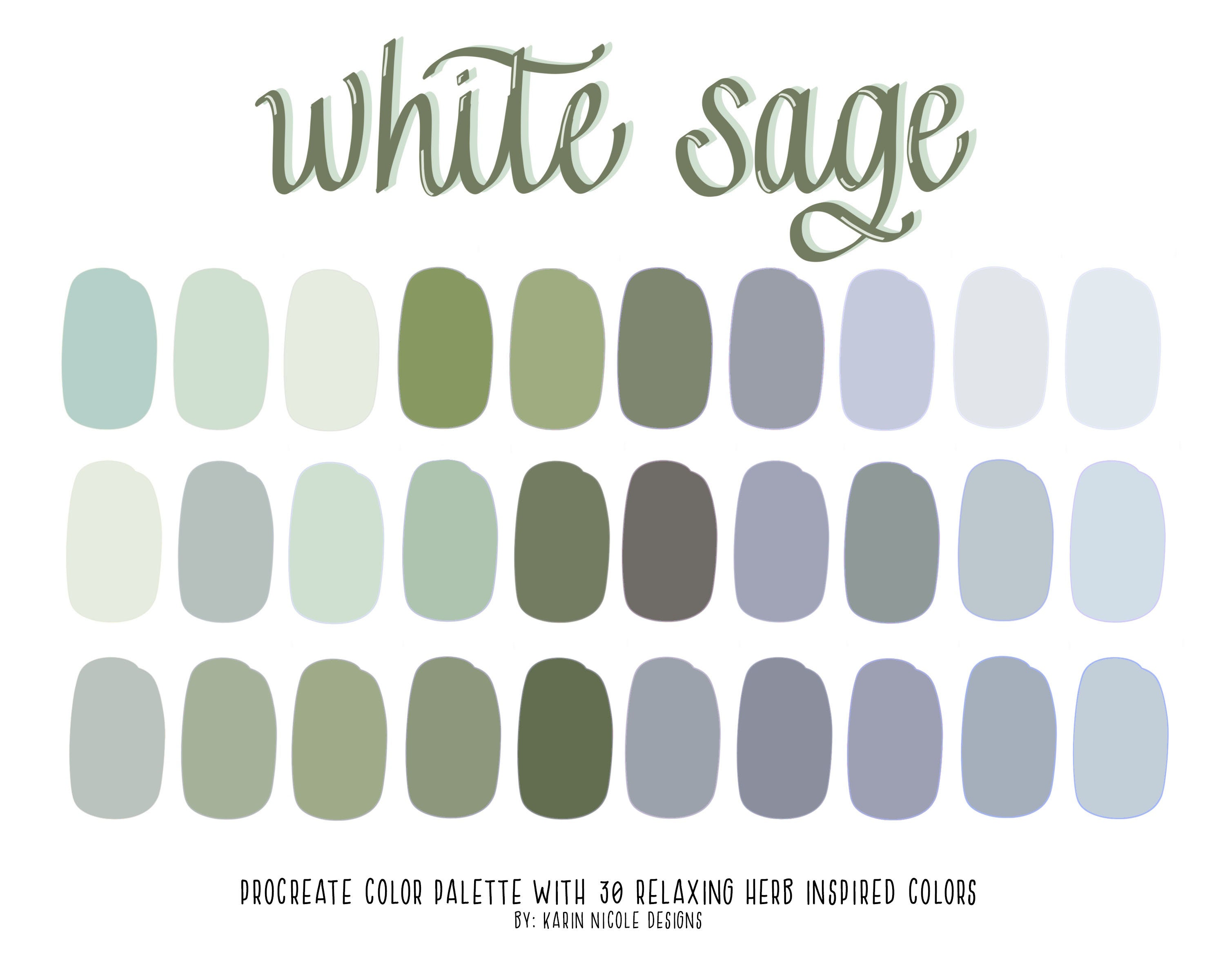

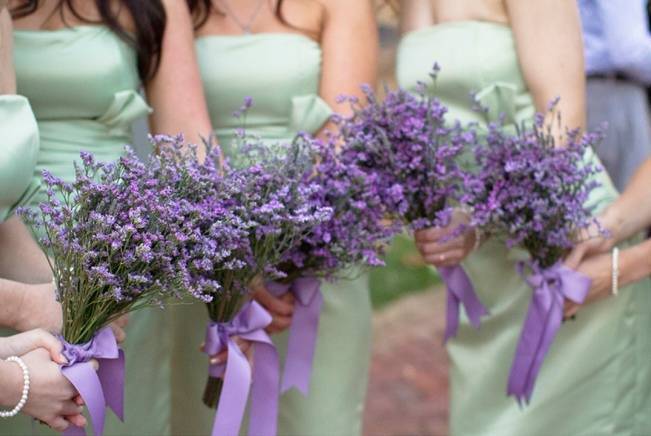






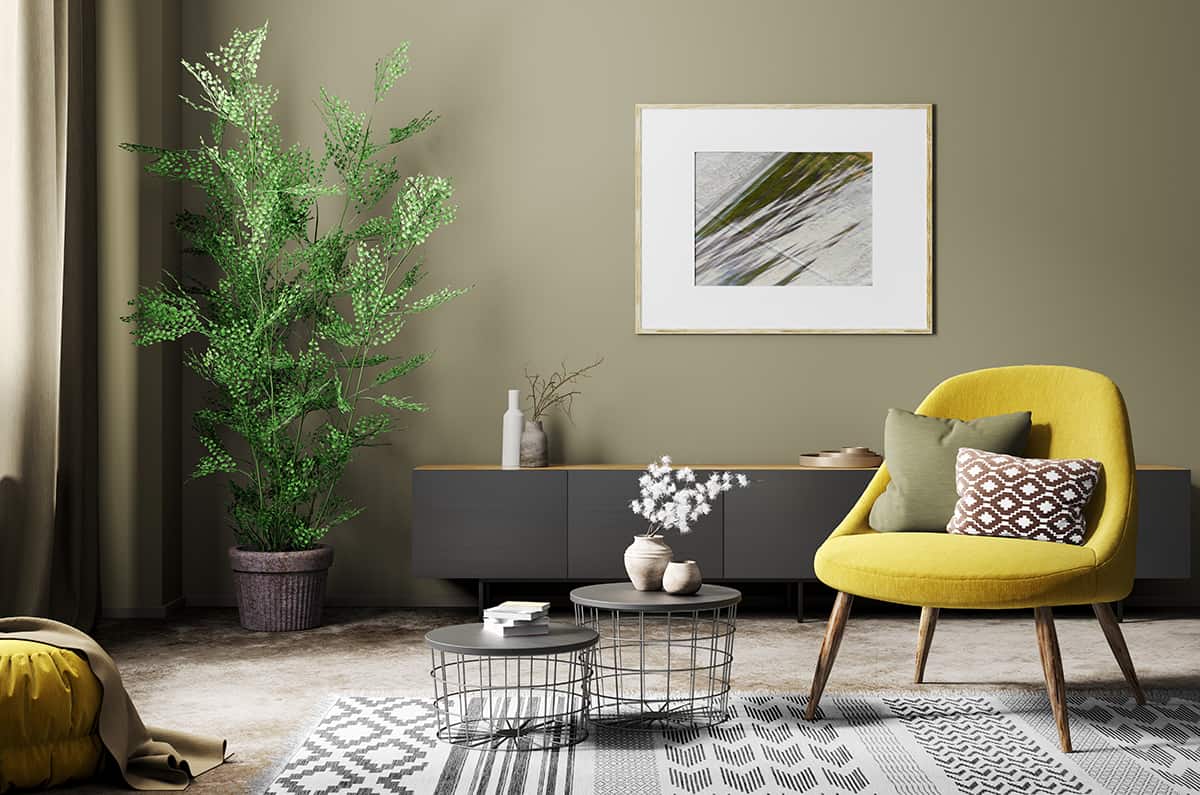


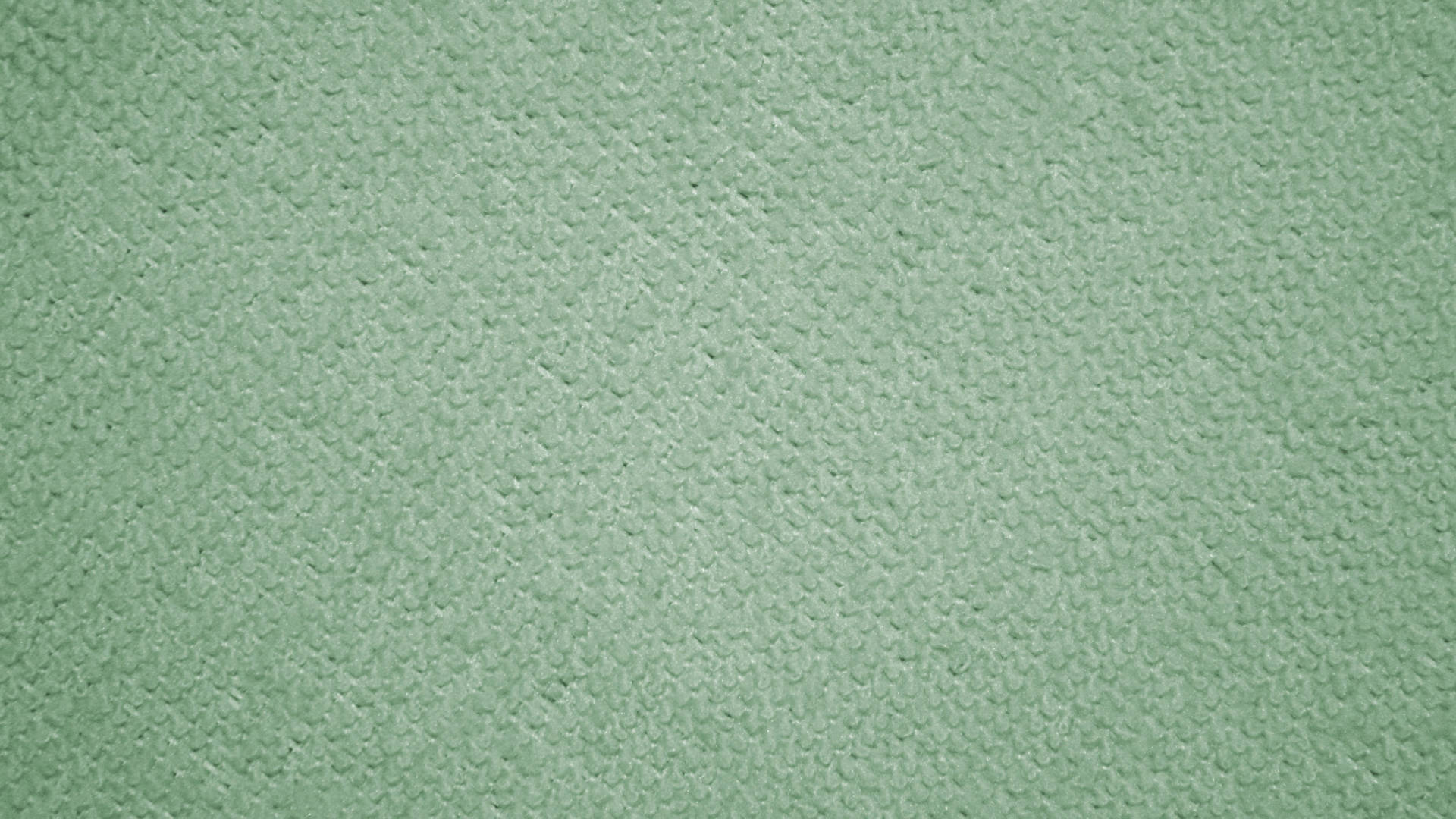





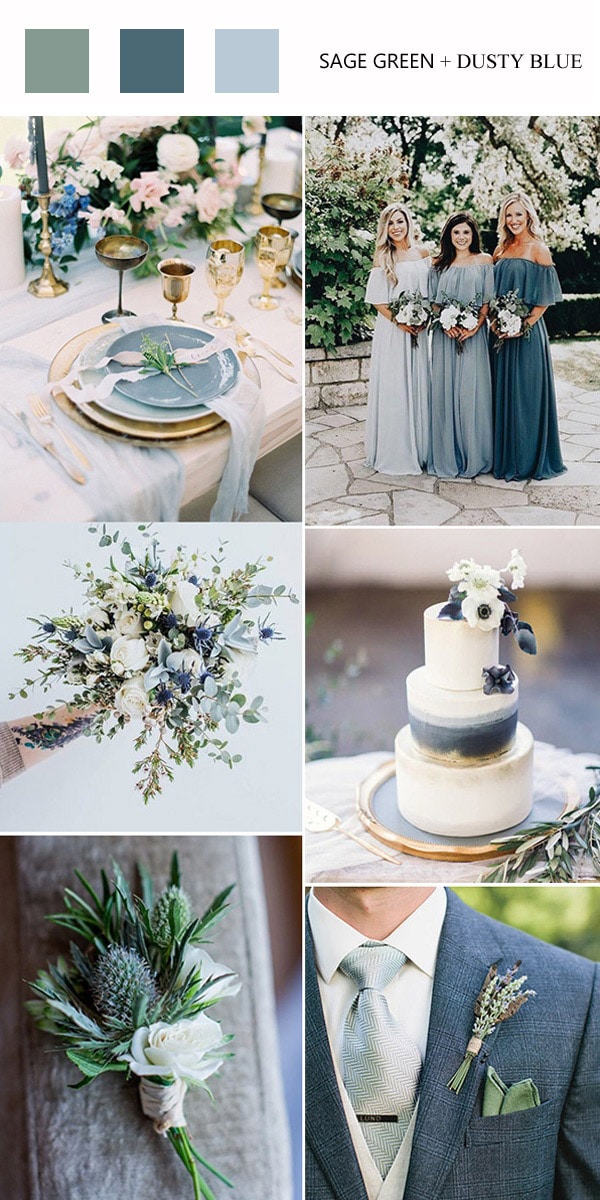


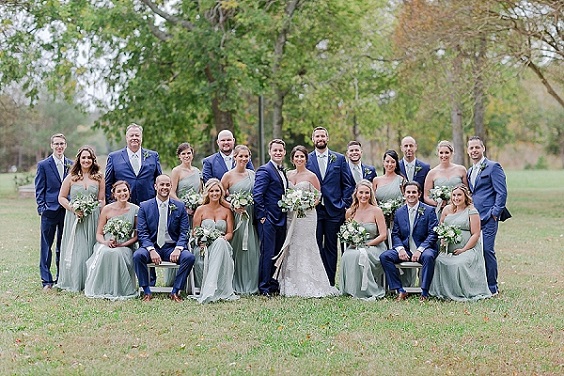





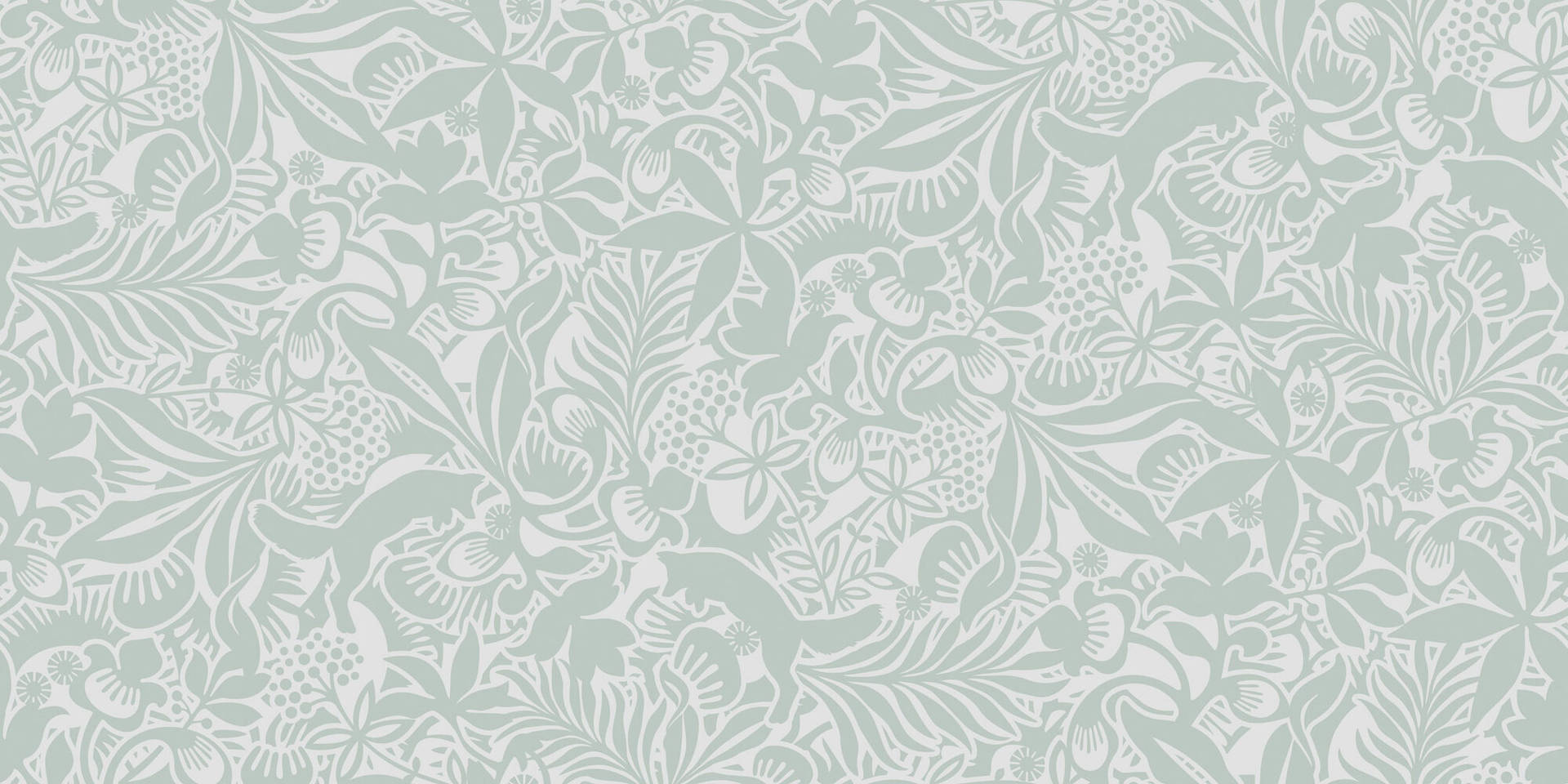
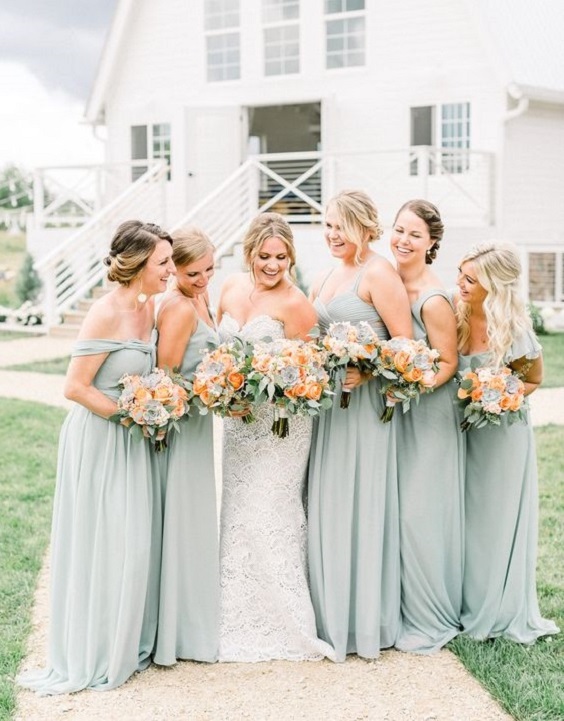



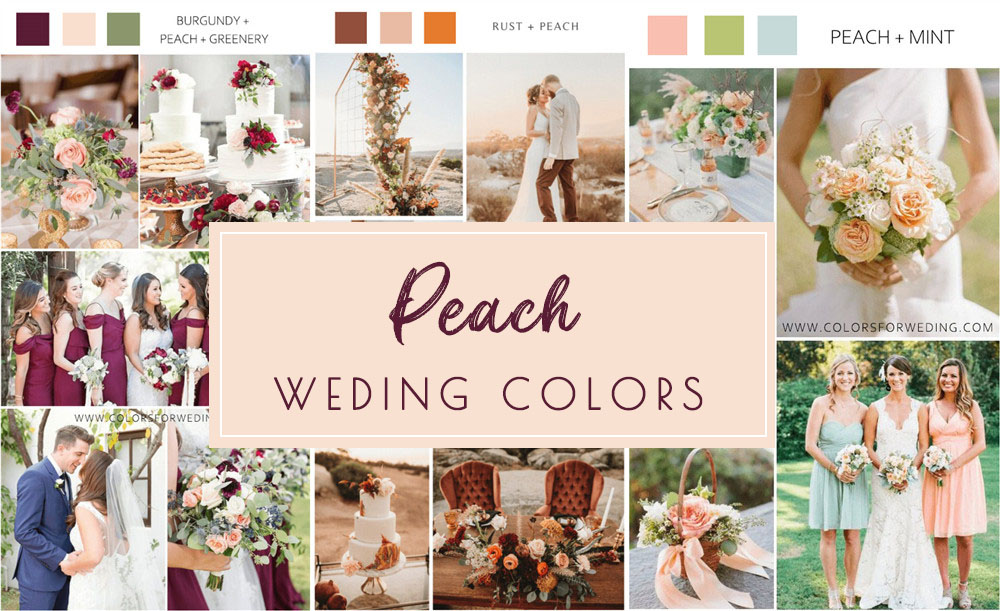



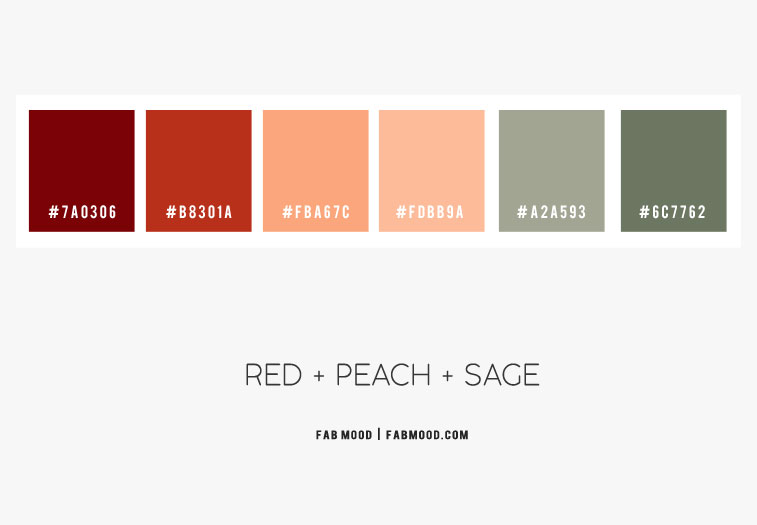
:max_bytes(150000):strip_icc()/240942955_1054318041976419_4547322156943311950_n-792b097a7c174f1d81992224ca639b1e.jpg)


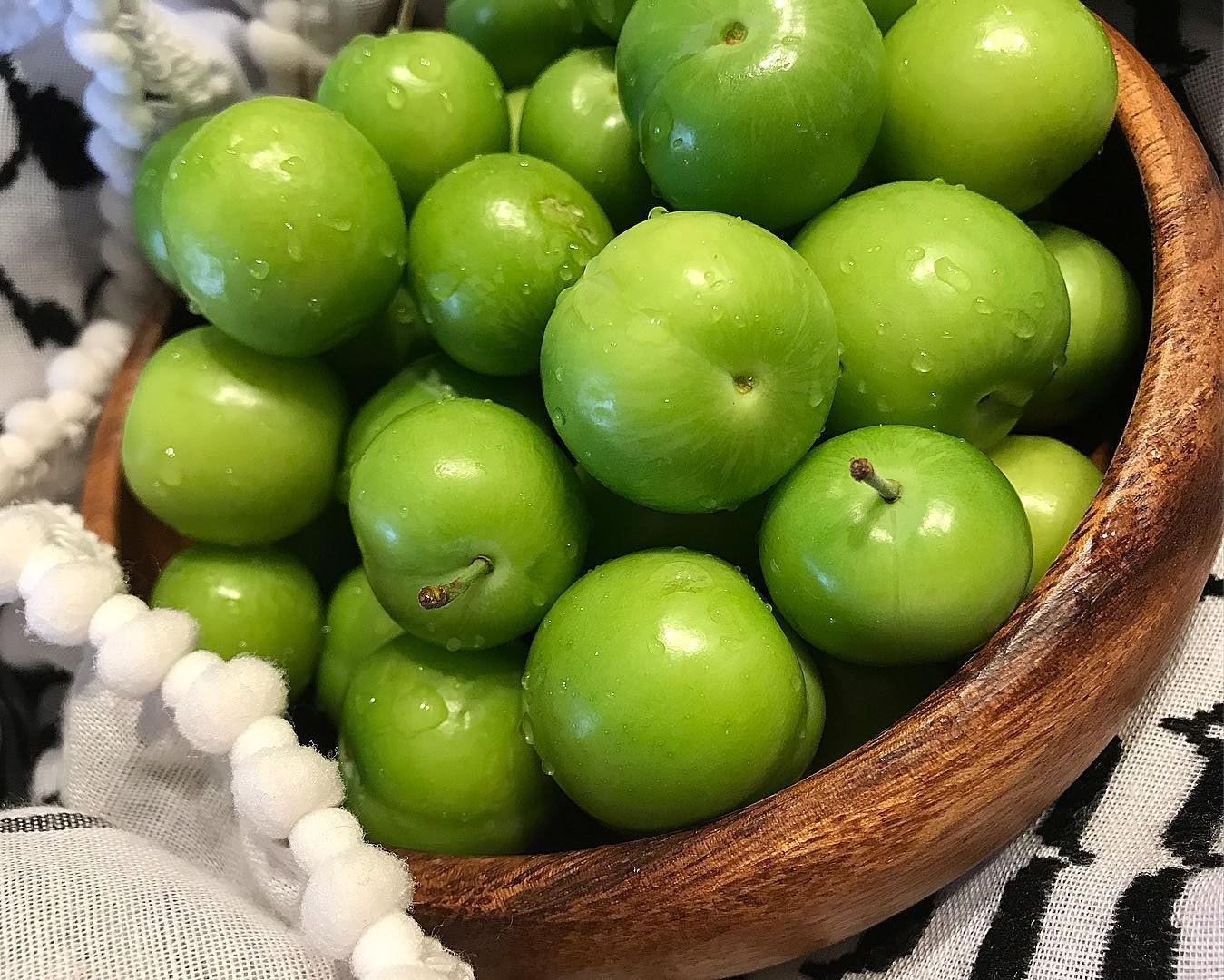
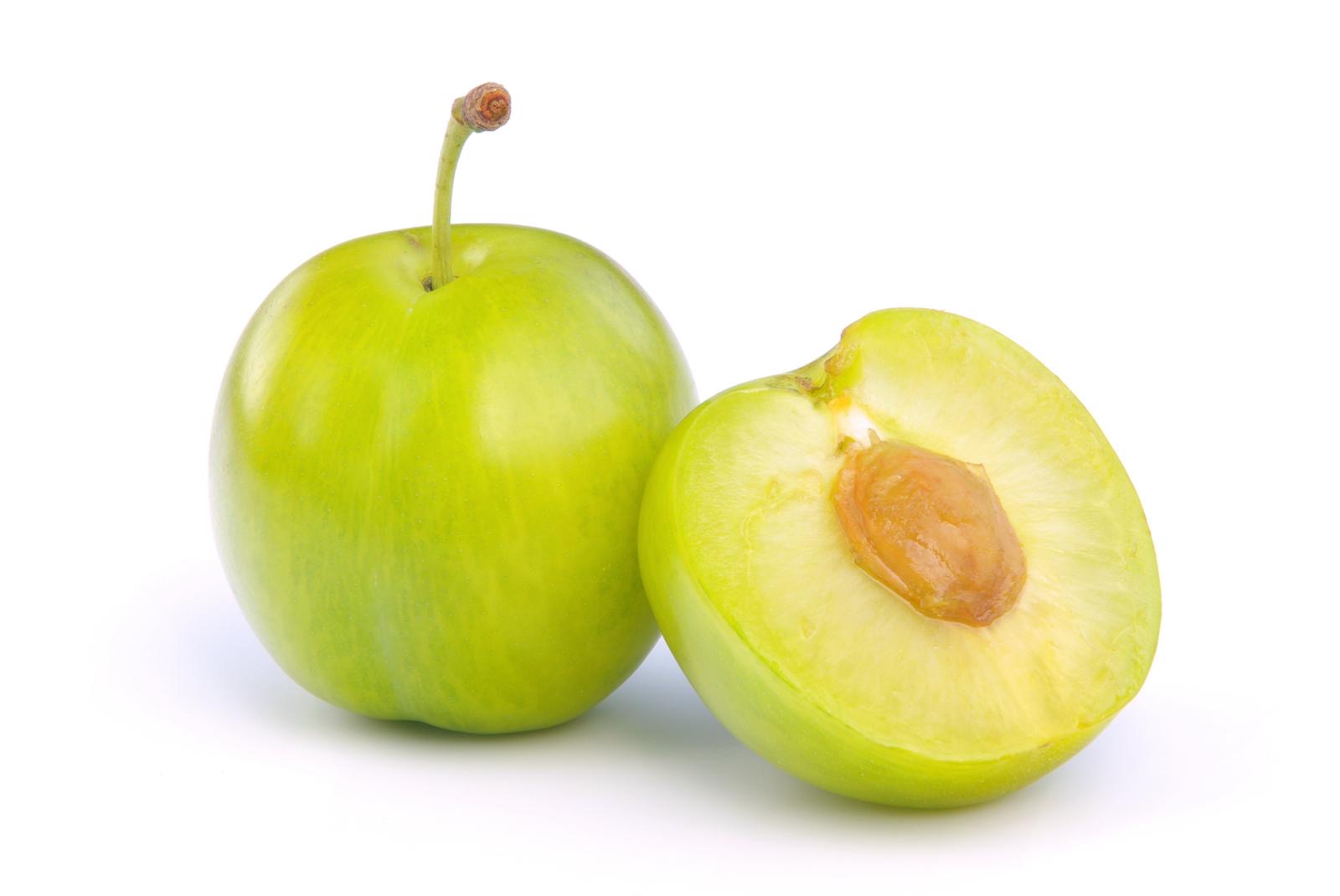
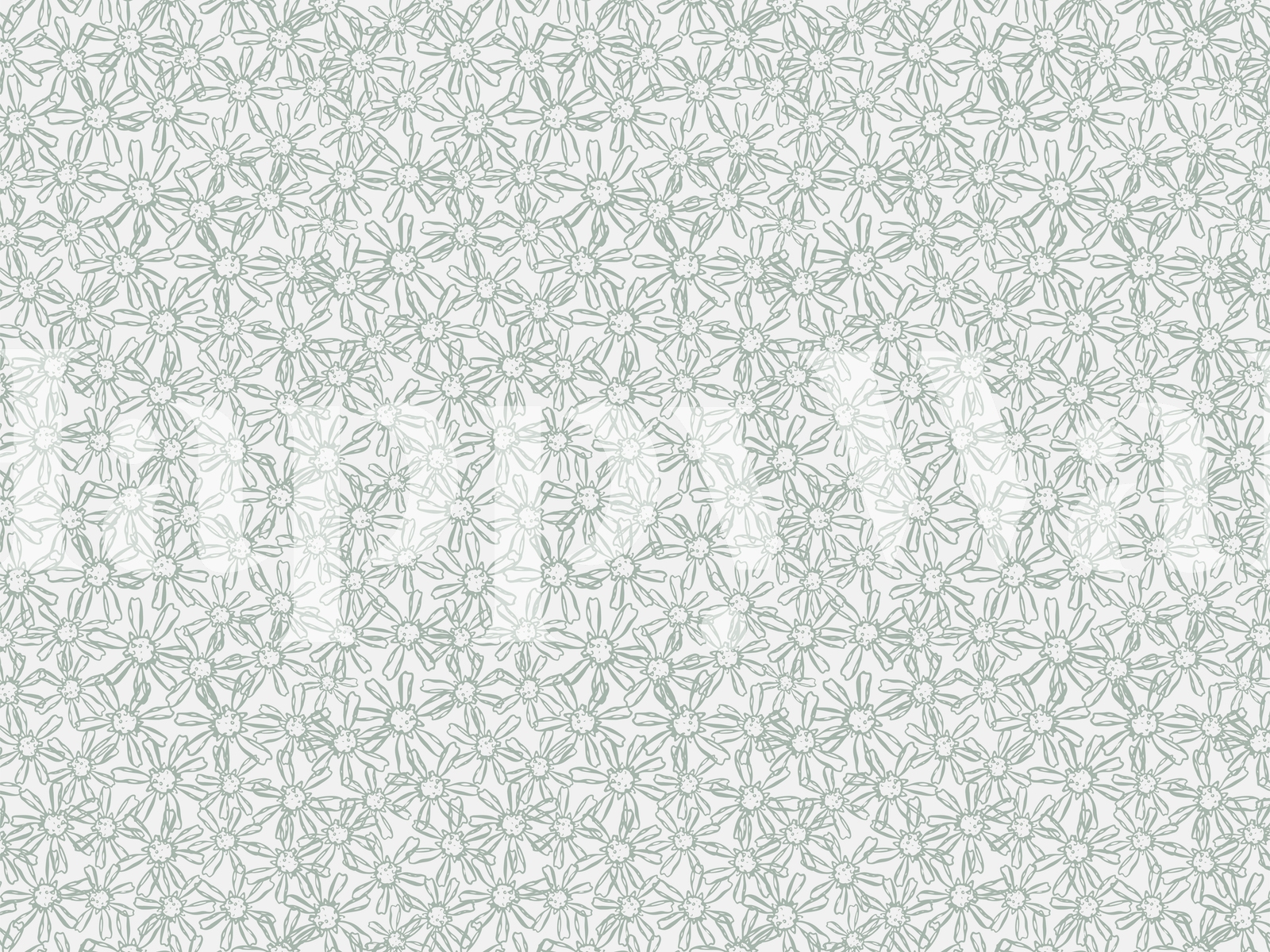













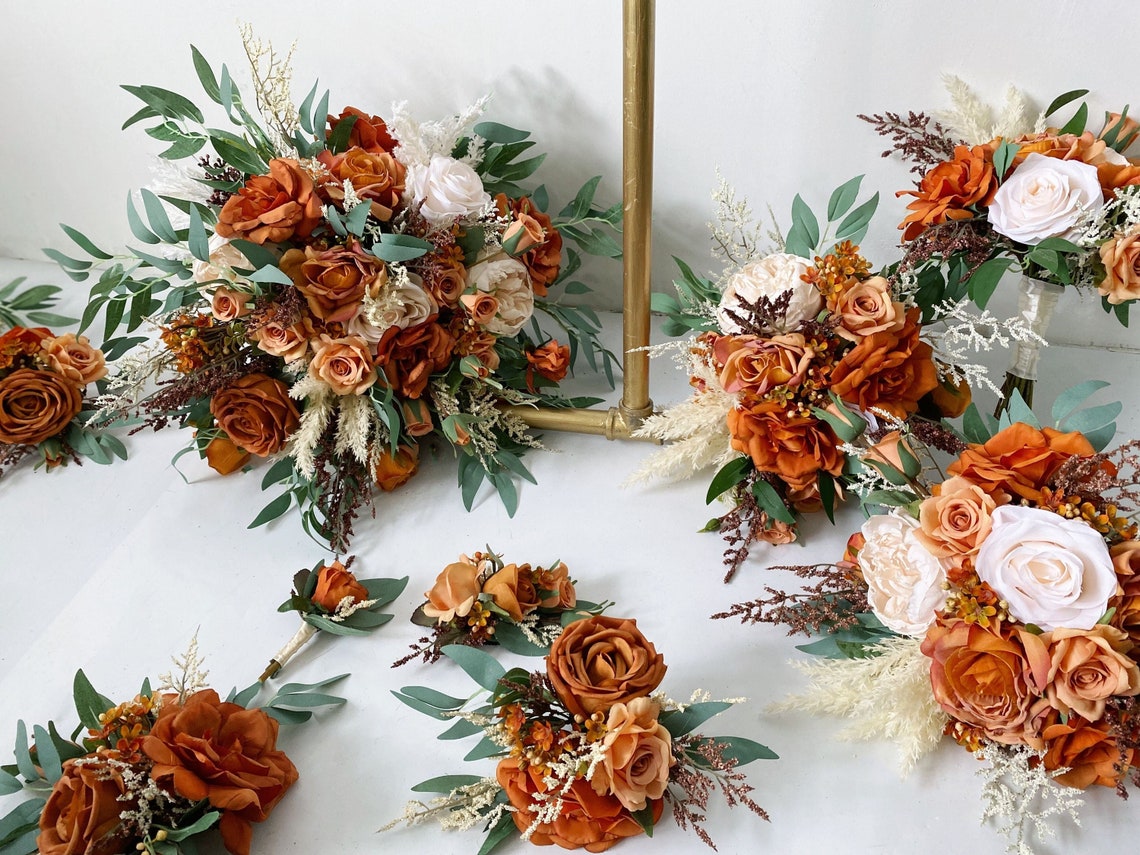


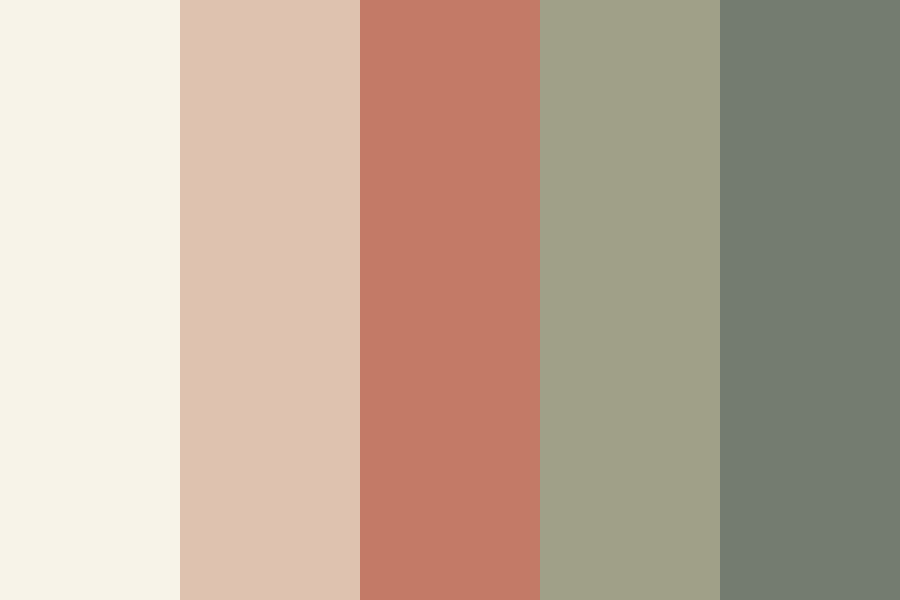

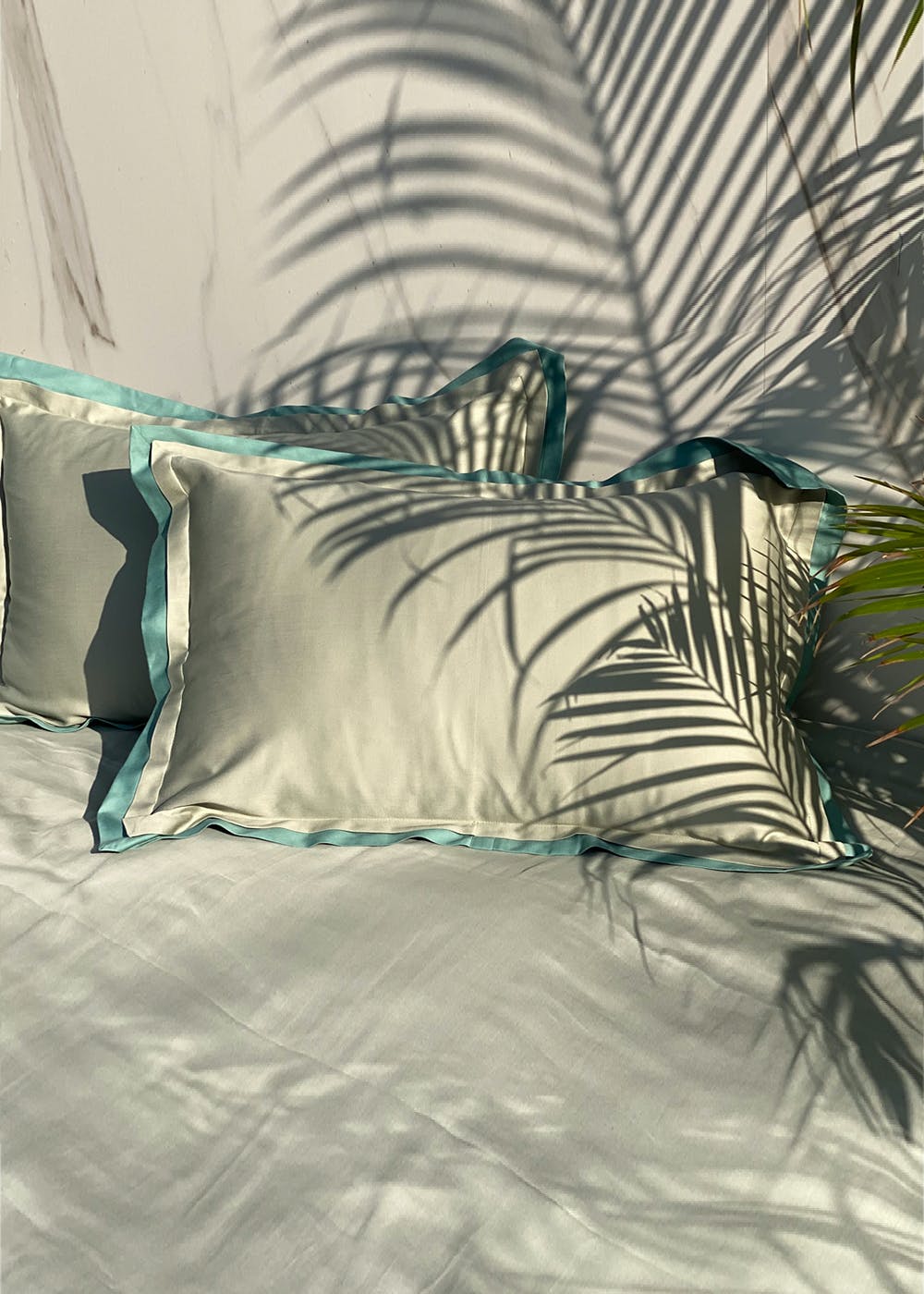






:max_bytes(150000):strip_icc()/104178886_586425038925463_5897917821127313775_n-c611a56d089a4458993b7a3888f53923.jpg)
